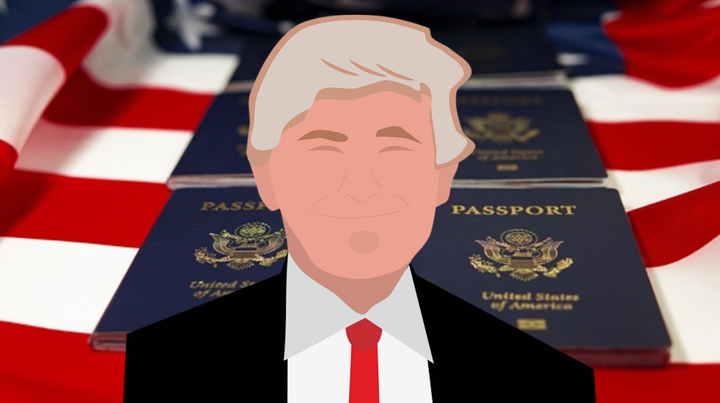The Perspective #10: December24

The Fall of the Assad Regime
Juliette Hussey
On December 13th, thousands of civilians took to the landmark sword of Damascus to celebrate their ‘victory’ in overthrowing the Assad regime - the chant ringing in the crowd: ‘One, one, the Syrian people is one’. Former leader, Bashar al-Assad was evacuated by Russian forces when rebel success appeared inevitable. Early this week, President Putin alongside his defence minister held a televised meeting revolving around Russian military action and the topic of Syria was wholly evaded.
Syria’s new Islamist rebel rulers Hayat Tahrir al-Sham have pledged that they will aim to protect religious minorities within Syria. Yet many such people have already left for Lebanon fearing discrimination. In recent days their leader Ahmed al-Shara has urged foreign powers such as the US to remove terrorist status and any sanctions imposed on Syria.
US Secretary of State Anthony Blinken travelled to Iraq personally to discuss what repercussions this may have for this region as a whole. Talks centred around joint aims to protect ‘Syrian free will’ whilst being aware of the need to prevent a return of the Islamic state. 900 US troops remain on the ground in Syria to aid this smooth transition. However, in recent hours Israel has dropped a bomb on Northwestern Syria of such magnitude that it registered on the Richter scale as well as various airstrikes in regions across the country. Netanyahu maintains Israeli troops will remain in Syria’s ‘buffer region’ despite calls for removal from Syria’s rebel coalition suggesting the prospect of future stability remains unclear.
Inflation: The Never-ending Phenomenon
Aditi Prashanth
As Rishi Sunak’s premiership drew to a close, the UK appeared to be making progress in its battle against inflation. The Consumer Prices Index (CPI) fell to 1.7%, dropping below the Bank of England’s 2% target for the first time in years. This decline, caused by falling energy costs and sustained high interest rates (5.25% throughout much of 2023), provided a brief moment of relief for the UK economy. Yet, this gleam of hope seems to have been short-lived.
Inflation has now risen for two consecutive months, reaching 2.6% - the highest level in 8 months - according to the Office for National Statistics (ONS). Rising costs for fuel, clothing, and entertainment have driven this resurgence, with even record drops in airfares failing to offset persistently high core inflation - a measure of inflation that excludes volatile items, like energy - which remains at around 4%, highlighting persistent price pressures.
Chancellor Rachel Reeves has responded to these ONS statistics by pledging to tackle the cost-of-living crisis and “put more money in the pockets of working people.” However, Shadow Chancellor Mel Stride has criticised Reeves’ policies as “irresponsible and inflationary,” claiming that these are the root causes of “higher costs in shops” and prolonged, elevated mortgage rates.
This rise in inflation left the Bank of England facing a critical decision today: whether to maintain high interest rates (4.75%) to curb inflation or reduce them to support a slowing economy, which contracted by 0.4% in Q3 2024. Its decision to maintain the 4.75% base rate is likely to intensify the strain of rising wages and energy costs already being felt by businesses, particularly SMEs (small-to-medium enterprises). Moreover, this pressure seems set to be further exacerbated by Chancellor Reeves’ Autumn Budget measures to raise the national minimum wage and employers' contributions to National Insurance.
To conclude, while some analysts believe inflation may ease slightly in the coming months, consistently high core inflation paints a distinctly different picture, suggesting that these inflationary pressures will persist into 2025. This could prolong economic challenges for households and businesses, raising the question: how much longer can they endure this challenging economic reality?




Comments ()